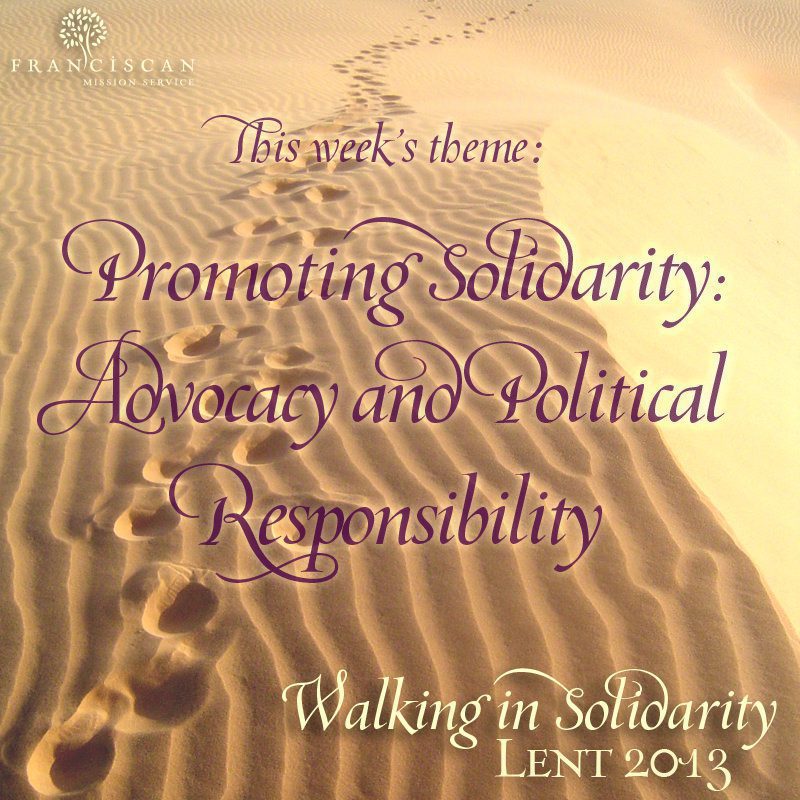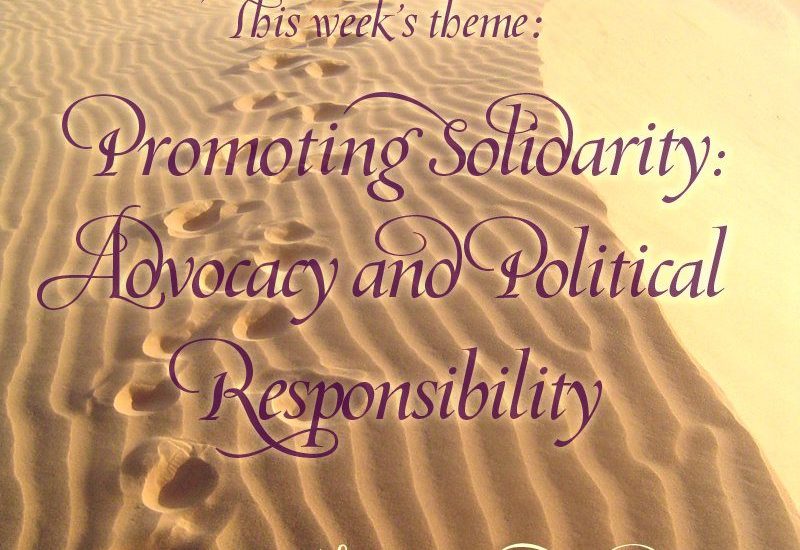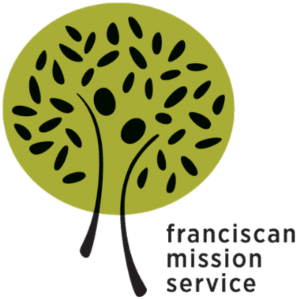For our last post as part of our Lenten series “Walking in Solidarity“, Russell Testa closes with a reflection on advocacy and our call to mend relationships with those “nailed to a cross” in today’s societies around the world.

On Wednesday we reflected on the manner in which we do advocacy—the manner in which we call for personal and, especially, social conversion. Conversion, to live in solidarity with the other, is at the heart of our message. Why?
Several years ago, my spiritual director who is a Franciscan Sister of Perpetual Adoration (FSPA) described the manner that the sisters at her mother house approach their time of adoration. Each sister is required to spend at least two hours reviewing the news or studying the brokenness of poverty, war, and dehumanization for each hour they are to be present in the chapel for adoration. The insight of this action is at the center of our call to conversion, our call to advocacy: Jesus is present in that brokenness, in the sinful structures, trying to bring healing. Jesus is in the face of all, but especially in the faces of the poor. St. Francis had this same insight, this same moment of conversion, when he recognized Jesus in the face of the leper, when he saw Christ as the “poor son of a poor mother.”
The connection to one another through Christ, the connection we call solidarity, as we know, is not always perfect. Because of our limitations we do not always do what is necessary to maintain relationships with those we know personally, let alone relationships stemming from the economic and social transactions we make daily. When these relationships are “out of balance,” when they are not what God intended, in the Franciscan tradition, we recognize this imbalance as a sin. St. Francis recognized sin as a broken relationship requiring penance. The penance is not one of pain and deprivation, but rather an active repairing of the brokenness. If we recall the beginning of St. Francis’ conversion at the Church of San Damiano–it is the act of “repairing my house.”
The act of repair, the act of penance, the act of mending broken relationships, when understood in the context of our complex society with its webs of relationships, is accomplished, in part, through advocacy. Advocacy is a call to conversion, a recognition of the sin–the broken relationship that dehumanizes others–and an act of penance by changing the sinful social structures. Such an act, if it is to be done in a way that does not cause us to fall prey to self-righteousness or pride, requires that we approach it with a contemplated humility. The act invites us to return to our experiences of seeing Christ in the other.
As we celebrate (yes
celebrate) Good Friday, when we see Jesus nailed to the cross as a political criminal and a threat to the empire of Rome, I pray we might see the face of those who are broken in our world and nailed by the “empires” of the 21st century.
But let us not stop at the cross, because the story does not end there; let us turn to social conversion, to advocacy when the brokenness of social and personal relationships is repaired in the promise of the Easter Resurrection.
Russell is the founding Executive Director of the Franciscan Action Network (FAN). He has served as the Animator for the Office for Justice, Peace, and Integrity of Creation (JPIC) of the Holy Name Province of the Order of Friars Minor since 2000.





